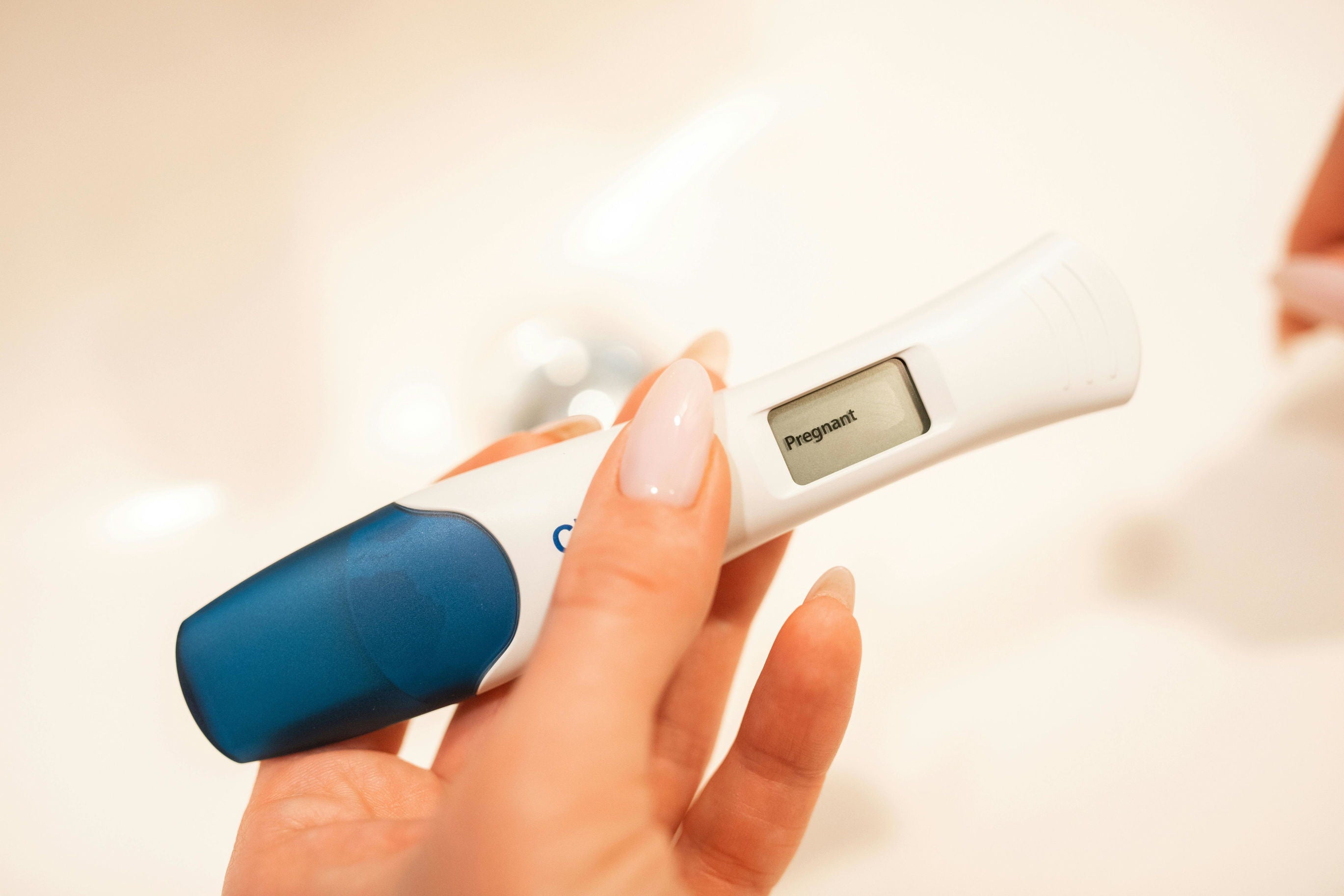Understanding the Basics of Pregnancy Nutrition
Navigating pregnancy is an exhilarating experience, but it also brings a plethora of questions about what’s best for you and your growing baby. Nutrition during pregnancy is paramount, as it not only supports your health but also the development and wellbeing of your baby. This comprehensive guide offers detailed advice on how to maintain optimal nutrition during these crucial nine months, ensuring both you and your baby thrive.
Why is Nutrition So Important During Pregnancy?
During pregnancy, your body undergoes significant changes that require additional nutrients. Each nutrient serves a specific purpose, from supporting the baby’s fetal development to boosting the mother’s body to handle the demands of pregnancy. Good nutrition helps prevent common pregnancy complications like anemia and pre-eclampsia and contributes to the baby's overall health.
Caloric Intake: How Much is Needed?
Contrary to the old adage of eating for two, you don't need to double your caloric intake during pregnancy. In the first trimester, you typically don’t need any additional calories. It’s during the second and third trimesters that you need about 340 and 450 extra calories per day, respectively. However, this varies depending on your pre-pregnancy weight, age, and activity level.
Macronutrients: Building Blocks for Health
-
Proteins: The Building Blocks
Protein is crucial for the growth of fetal tissue, including the brain, and helps with breast and uterine tissue growth during pregnancy. It also plays a vital role in increasing blood supply, allowing more blood to be sent to your baby. Opt for lean sources like chicken, fish, beans, and peas, as well as higher-fat options like nuts and seeds in moderation.
-
Carbohydrates: Sustained Energy
Carbohydrates are your body's primary energy source during pregnancy, supplying the necessary energy for you and your growing baby. Focus on complex carbohydrates like whole grains, vegetables, and fruits, which provide long-lasting energy and are packed with other nutrients like fiber, vitamins, and minerals.
-
Fats: Essential for Development
Healthy fats are integral during pregnancy as they support the baby's brain development and help keep your body energized. Sources of beneficial fats include avocados, nuts, seeds, olive oil, and fatty fish like salmon, which provide omega-3 fatty acids crucial for neural development.
Micronutrients: Small but Mighty
-
Folic Acid: A Must-Have from the Start
Folic acid is essential for preventing neural tube defects and supports the overall growth and development of the fetus. Start taking a prenatal vitamin with folic acid even before conception if possible, and continue throughout pregnancy.
-
Iron: Supporting Your Blood and More
Iron helps your body produce hemoglobin, a protein in red blood cells that carries oxygen to your tissues. During pregnancy, your blood volume increases, requiring more iron to support this growth. Lean meats, beans, and spinach are excellent sources.
-
Calcium: For Strong Bones
Calcium is vital for building your baby's bones and teeth. If you do not consume enough calcium, your baby will draw it from your bones, which may impair your own bone health. Dairy products, fortified plant milks, and leafy greens are good sources.
Dietary Considerations: Special Tips for Expectant Mothers
-
Stay Hydrated
Water plays a critical role in supporting your health during pregnancy. It helps form the placenta, which is what your baby relies on to receive nutrients. Drink at least eight to ten glasses of water daily.
-
Limit Caffeine and Avoid Alcohol
Limit caffeine intake to less than 200 mg per day, the equivalent of about one 12-oz cup of coffee. Alcohol should be avoided entirely during pregnancy, as it poses a risk of serious birth defects.
-
Mindful Eating: Listen to Your Body
Pay attention to your body’s needs. Pregnancy is not the time for restrictive dieting but rather for mindful, nourishing choices. If you have cravings, it’s okay to indulge occasionally, but balance them with nutritious food.
Conclusion: Eating Well for Two
Eating well during pregnancy means focusing on balanced nutrition that supports both your health and the development of your baby. Incorporate a variety of food groups, paying special attention to essential nutrients, and make adjustments based on your specific health needs and medical advice. Remember, the choices you make now can set the stage for your baby’s health in the future.
By integrating these dietary strategies, expectant mothers can ensure they are providing the best for their children while maintaining their own health and wellbeing. Embrace this special time by taking care of your nutritional needs and enjoying the journey to motherhood.





Leave a comment
This site is protected by hCaptcha and the hCaptcha Privacy Policy and Terms of Service apply.